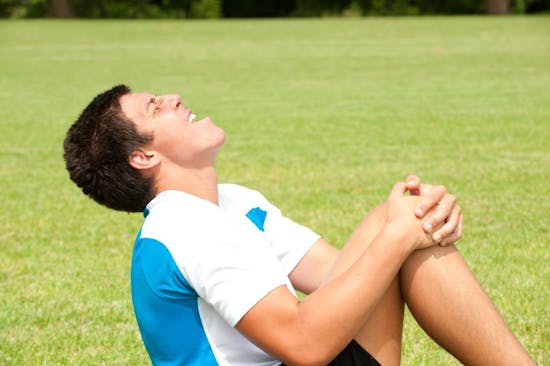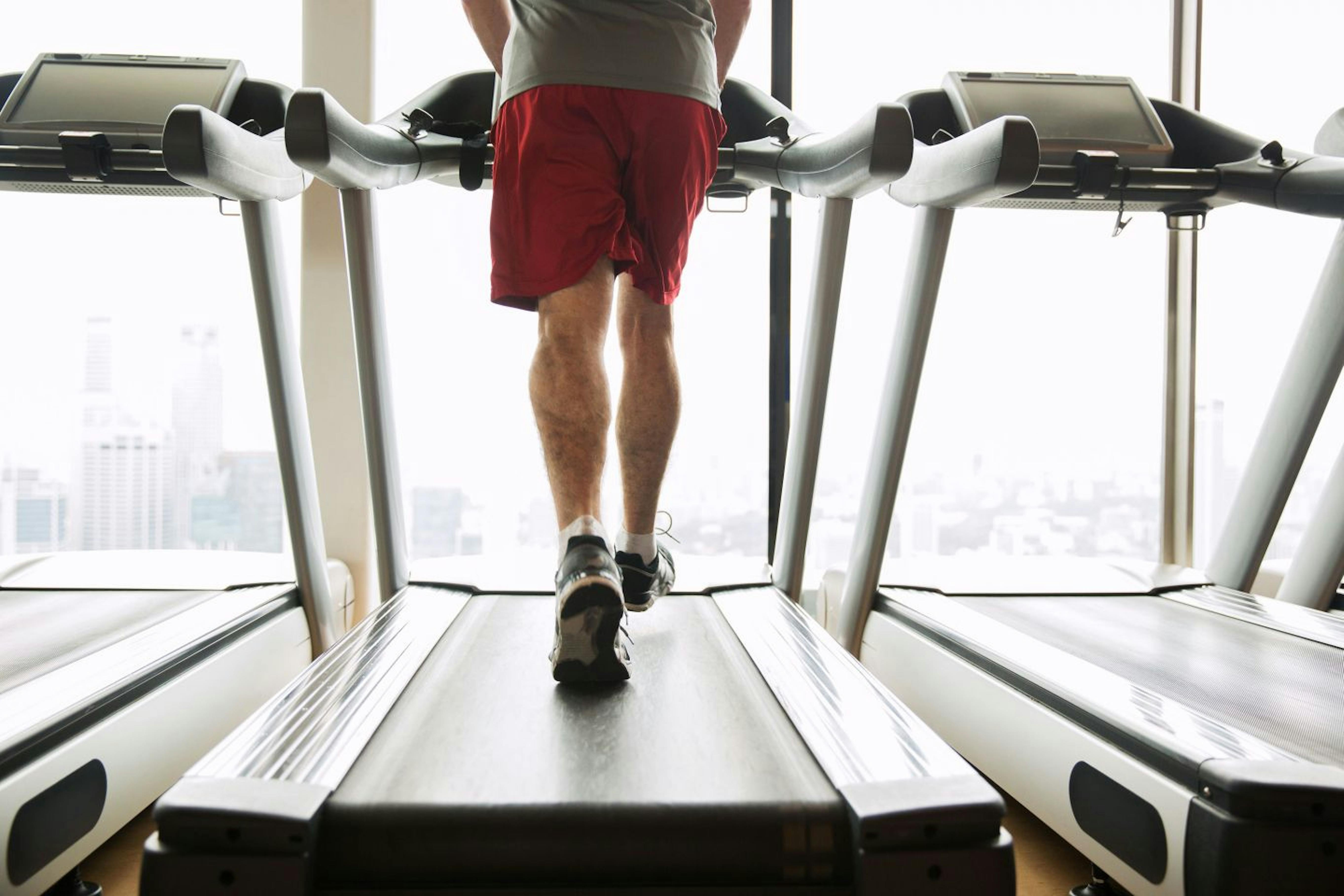-
Sports Injuries
If you are a youth, collegiate, elite, or professional athlete, when you are injured, you need a physical therapist with experience rehabilitating sports-related injuries.
Athletes place higher demands on the muscles and joints and also require sport-specific training to recover speed, power, and agility. This is the specific training that the therapists at Summit Physical Therapy provide.
Our physical therapists have years of experience rehabilitating athletes with:
- Postsurgical rehabilitation of the knee, shoulder, ankle, hip, and spine
- Shoulder & rotator cuff injuries
- Ligament sprains
- Muscle strains
- ACL, PCL, MCL, LCL rehab
- Tendonitis/bursitis
- Post-fracture rehab
- Tennis elbow
- Overhead sports injuries (throwing, swimming, etc.)
- Running & cycling injuries
A Personalized Recovery Process
The process starts with a thorough evaluation of your condition and your personal goals. We then provide a custom program including the following:
- Control of Pain & Inflammation
- Recovery of Range of Motion
- Hands-on Techniques
- Neuromuscular Retraining
- Core & Extremity Strengthening
- Balance & Proprioceptive Activities
- Speed, Endurance, & Power Training
- Sport-specific Retraining
Optimizing the Recovery Process
Injuries are an unfortunate side effect of sports but they don’t have to sideline you indefinitely. With the application of the latest clinical research, we can work hand-in-hand with your referring physician/surgeon to optimize the recovery process so you can reach your full potential.
Give us a call today to learn more about our sports rehabilitation program.
-
Running Injuries
Running injuries are seldom the result of an acute or sudden event. Instead, they are usually the result of cumulative micro-trauma also known as repetitive overuse injuries.
Sixty-five percent of all runners experience a running injury in a given year according to Runner’s World. Common running injuries that may require the attention of a physical therapist include:
- Calf (gastrocnemius/soleus) strains
- Plantar fasciitis
- Hip bursitis
- Iliotibial Band Friction Syndrome
- Patellofemoral pain (kneecap problems)
- Shin splints
- Hamstrings strains
- Tibialis posterior tendonitis
A Thorough Physical Therapy Evaluation is Where Treatment Begins
Runners can suffer from a variety of injuries and there are numerous reasons why a runner might be experiencing pain. The first thing your physical therapist will do is perform an evaluation. This consists of the following:
- Your past medical history
- Your current complaints
- What makes the problem better and worse
- Any past or present treatment
Then a thorough physical exam is performed including:
- Strength
- Endurance
- Flexibility
- Foot, knee, hip, pelvis mechanics
- Observation and analysis of your running style (gait analysis)
- Examination of your footwear and any orthoses if used
How a Physical Therapist can Help
Physical therapists can help runners recover from injuries as well as decrease the chance that they will return. Improving the following can help make your movements more efficient and increase your performance:
- Running technique
- Thigh and calf strength
- Hip/core stability
- Quadriceps, hamstrings, and calf flexibility
- Foot mechanics (decreasing excess pronation)
- Shock absorption
- Training strategies (frequency, training time, distance, environment)
Conservative care for running injuries is important. Runners that push through pain can cause long-lasting injuries that may limit training and performance. Seeing a physical therapist that is trained in the evaluation and treatment of running injuries can help.
Do You Suffer with a Running Injury?
Give Us a Call Today to Learn How We can Help!


